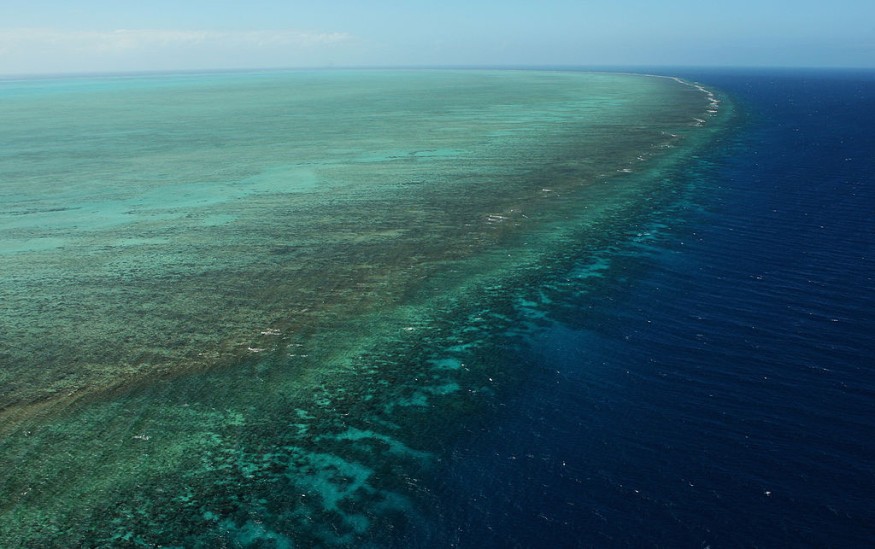As the world's largest coral reef system, it is quite troubling that only 2% of the Great Barrier Reef has escaped bleaching since 1998, an Australian university found.
However, research shows that if warming is to be kept at a maximum rise of 1.5 degrees of the average global temperature, the Barrier Reef could still thrive.
During the world's hottest year of 1998, the first mass coral bleaching event occurred in the vast underwater ecosystem off the coast of Queensland, Australia, where 98% of the area had been affected.
Up to this day, the frequency, intensity and scale of climate-fueled marine heatwaves are increasing, and the corals in Great Barrier Reef barely survive. Although several recoveries had been observed this year, the last bleaching event had admitted long-term effect to the poor ecosystem.
"If we can hold global warming to 1.5 degrees global average warming then I think we'll still have a vibrant Great Barrier Reef," said the study's lead author Professor Terry Hughes, of the Australian Research Council's Centre of Excellence for Coral Reef Studies.
Corals had adapted higher heat threshold

The Great Barrier Reef had suffered three mass bleaching events since 2016, and had several exposures to heat stress. These gaps had given them less time to recover between each round.
"Five bouts of mass bleaching since 1998 have turned the Great Barrier Reef into a checkerboard of reefs with very different recent histories, ranging from two percent of reefs that have escaped bleaching altogether, to 80 percent that have now bleached severely at least once since 2016," Hughes explained.
"Corals still need time to recover before another round of heat stress so they can make babies that will disperse, settle and recover the depleted parts of the reef," said co-author Sean Connolly, from the Smithsonian Tropical Research Institute.
"Action to curb climate change is crucial."
Also read : Global Carbon Emissions Rise Back to Levels Before Pandemic, Scientists Warn of Incoming Danger
Australian government needs to do more to cut greenhouse gas emissions
Australia disagrees when United Nations said that the Great Barrier Reef is in 'danger' and refuses to cut methane emissions.
"The government is still issuing permits for new coal mines and for new methane gas deals and it's simply irresponsible in terms of Australia's responsibilities to the Great Barrier Reef," Hughes said.
As one of the world's biggest exporters of coal and gas, Australia's economy depends heavily on fossil fuels. In addition, the ecosystem provides 65,000 jobs in reef tourism.
If corals are not given ample time to recover, Connolly warns that more frequent and severe bleaching would reduce the reef's resilience.
"If we go to 3, 4 degrees of global average warming which is tragically the trajectory we are currently on, then there won't be much left of the Great Barrier Reef or any other coral reefs throughout the tropics," Hughes added.
During a landmark United Nations climate summit, Australia committed to reaching net zero carbon emissions by 2050, and not a more ambitious 2030 target.
© 2025 NatureWorldNews.com All rights reserved. Do not reproduce without permission.





